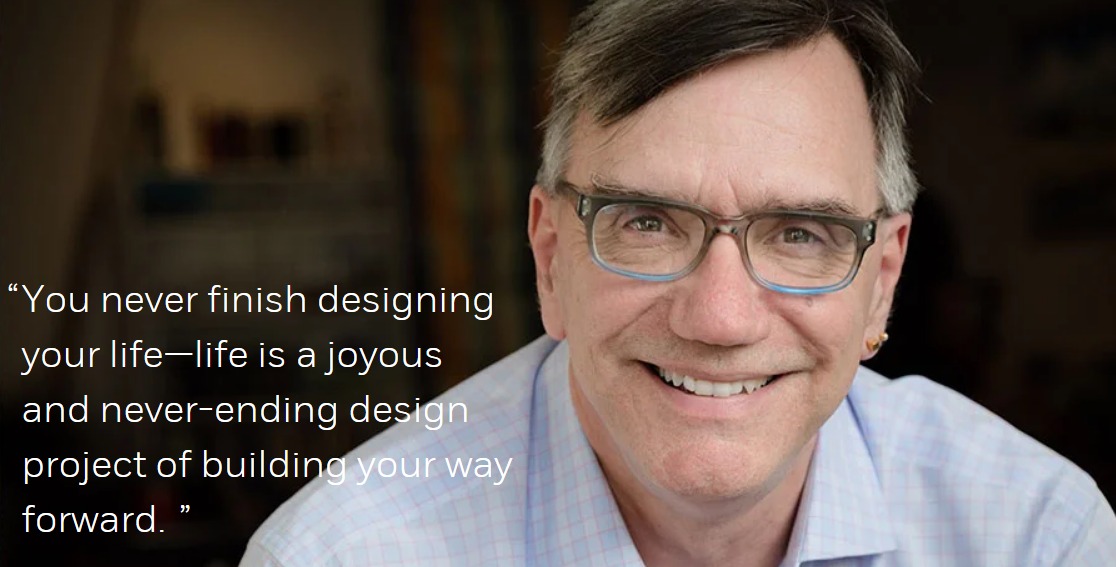Embrace Design Thinking to Unlock Your Best Life
As designers, we spend our days dreaming up better products and better worlds. But did you know that you can use design thinking to re-envision your own life? In this blog, we’ll explore five key principles from design thinking that can help you design the life you truly want.
Reframe Your Mindset
Design thinking starts with a shift in mindset. Instead of approaching life as a skeptical realist, we encourage you to lean into your natural curiosity. Reframe challenges as opportunities to explore and experiment. Embrace radical collaboration, as the answers you seek often lie with the people around you. And above all, adopt a bias towards action – don’t just plan, try stuff out.
Connect the Dots to Find Meaning
One of the top reasons people seek out design thinking for their lives is to find more meaning and purpose. The key is to connect the dots between who you are, what you believe, and what you do in the world. Start by articulating your work view – why do you work and what is it in service of? Then reflect on your life view – what is the meaning of life and your place in it? When you can weave these together into a coherent narrative, you’ll experience your life as truly meaningful.
Identify and Accept Your Gravity Problems
Not every problem in life can be solved through design thinking. Some are what we call “gravity problems” – fundamental circumstances that you simply cannot change. The key is to first identify and accept these gravity problems, rather than trying in vain to fix them. Once you’ve accepted the reality, you can then decide how to reframe and work within those constraints, or whether you need to make a more significant change.
Ideate Multiple Possible Lives
One of the most powerful exercises in design thinking for life is to imagine the multiple possible lives you could lead. Rather than focusing on finding your one “true calling”, we encourage you to envision three very different futures for yourself. What would your life look like if you simply continued on your current path? What if your current career disappeared – what would you do next? And what would you pursue if money were no object and you didn’t have to worry about others’ judgments?
By exploring these three parallel lives, you’ll often uncover passions and interests you had previously left behind. You can then weave the best of these ideas into a cohesive plan for moving forward.
Prototype Your Way to the Future
Once you’ve generated your three life plans, the next step is to prototype them. This doesn’t mean quitting your job and diving headfirst into a new career. Instead, look for low-risk ways to test out your ideas – have informational conversations with people already living the life you’re curious about, or try out a short-term experience to get a feel for it.
This prototyping process allows you to expose your assumptions, get feedback, and gradually build up to bigger changes. It’s a more iterative, low-stakes approach than just making a big leap.
Choose Wisely, Then Let Go
Finally, when it comes time to make a decision, engage both your rational mind and your intuitive gut feelings. Don’t just rely on logic – pay attention to the emotional responses you have to your options. And once you’ve made a choice, let go of the fear of missing out. Reversible decisions tend to make us less happy in the long run.
By following these five principles of design thinking, you can unlock your creative potential and design a life that is truly meaningful, joyful, and fulfilling. So get curious, talk to people, try stuff out, and watch as you craft the life of your dreams

